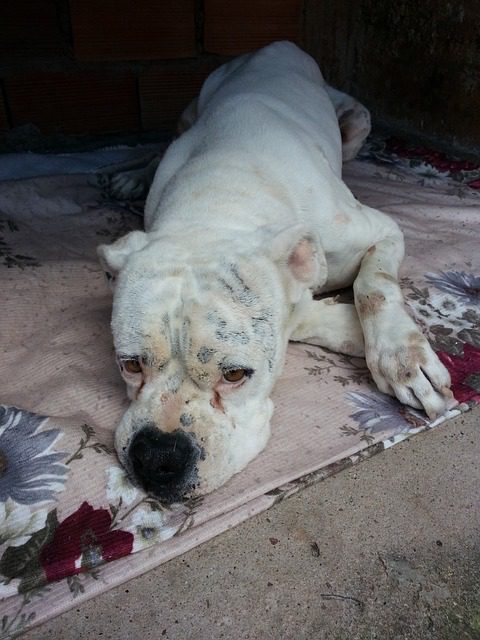
by Ashley Bentley, DVM
Some of the more frequent emergencies that present to our Critical Care and Emergency services are dogs and cats that have ingested things they shouldn’t have.
Whether it is something poisonous or a foreign body that carries risk of gastrointestinal obstruction, it is often recommended that vomiting be induced in these situations.
If you suspect that your pet has eaten something and that he may need to be made to vomit, the safest this to do is to call your veterinarian for guidance. Most often at AAAH, we will recommend that the animal be brought into the hospital so a doctor can assess the situation and likely administer an injectable medication (apomorphine for dogs or dexmedetomidine for cats). Not everything an animal eats should be brought back up, however; examples include:
- Bones can pose risk for trauma or obstruction to the esophagus if vomiting is induced.
- Certain cleaners/detergents can also cause a lot of irritation to the GI tract if the animal is made to vomit.
- Zinc phosphide rodenticide can release a gas that’s toxic to both animals and humans if the animal vomits after ingestion.
While it might seem easier to use the well-known home-remedy of hydrogen peroxide to induce vomiting, this is not necessarily a benign treatment and should NEVER be used in cats. Hydrogen peroxide works to cause vomiting in dogs by irritating the stomach lining, and sometimes GI ulceration can be seen as a side effect. Dogs that are given large volumes of hydrogen peroxide can certainly be at higher risk for ulceration but can also develop life-threatening gastrointestinal hemorrhage.
Again, if your pet has ingested something that you suspect needs to come back up, the best course of action is to call your veterinarian for guidance.![]()
Recent Posts
About Us
Ann Arbor Animal Hospital is a locally-owned animal hospital operating for over 90 years in Ann Arbor, MI.
